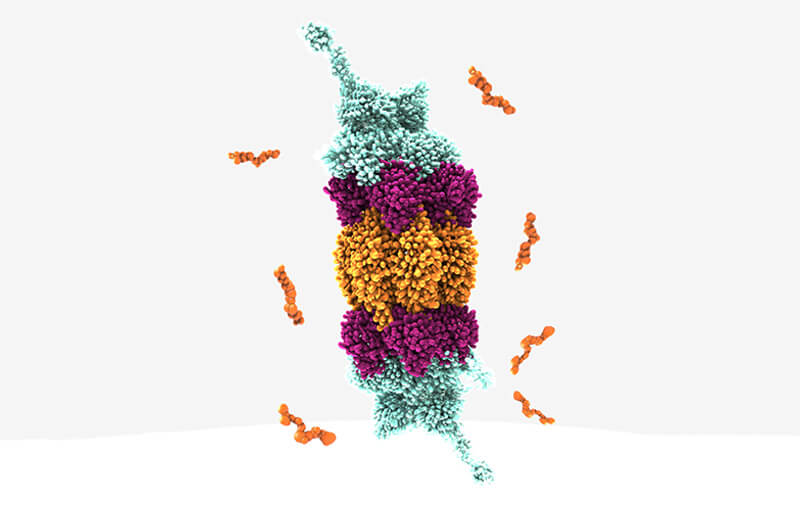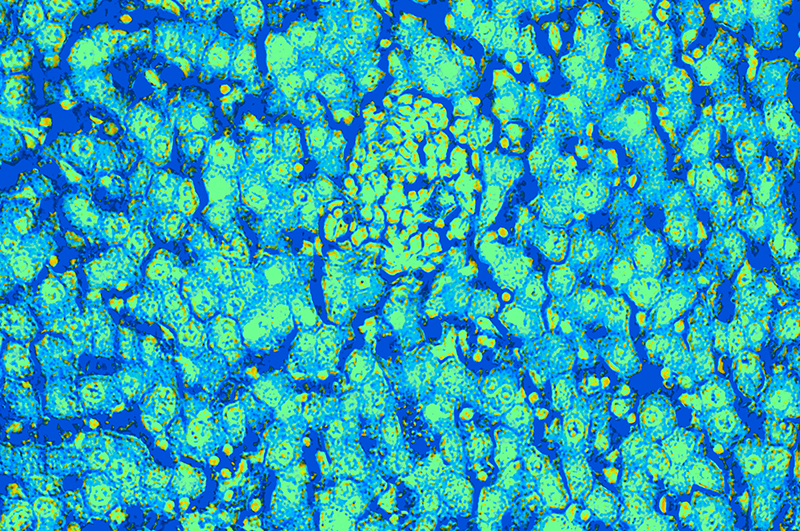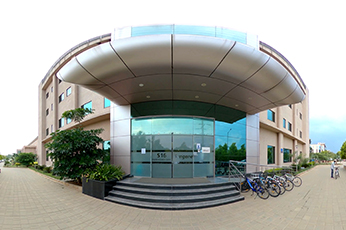The relentless pursuit of operational excellence is something Syngene lives by. This is evident in our constant attention to optimizing and streamlining processes so that we always operate safely and efficiently. SQDECC is yet another initiative in this direction.
SQDECC is a disciplined, daily process of gathering data and integrating it with performance assessment based on various metrics. It enables the operational teams to get a unified view of their efficiency across parameters of Safety, Quality, Delivery, Engagement, Cost, and Compliance (SQDECC).
Syngene has implemented this approach across operational and enabling functions with considerable success. This has helped the company reduce operational risks, costs, remain agile, and achieve excellence every day.
In this approach, daily performance is reviewed using visual dashboards installed on production floors. The leadership team tracks its team’s KPIs and goals across SQDECC parameters using these boards.
Currently, we have 102 SQDECC dashboards across our campuses in Bengaluru, Mangaluru, and Hyderabad. Virtual SQDECC boards have also been put in place where needed to ensure on-time delivery while working from home. This has not only resulted in increased team engagement towards resolving issues but also an increase in productivity.
Fostering a problem-solving mindset
To further complement the SQDECC program and foster a problem-solving mindset, we introduced the ‘Why-Why’ problem-solving analysis. This is a proven model designed to identify the root cause of a problem. The 5-step analysis helps to build a problem-solving mindset, including coming up with sustainable solutions.
We have since implemented the SQDECC program across labs for improved monitoring and controls, proactive risk identification, ensuring ‘anytime’ audit readiness, and reliable order-to-delivery processes. Every Monday, the best Why-Why’s are also published in a newsletter to all employees to learn from each other. Currently, we have generated 1279 Why- Whys across the organization.
Improving monitoring and control in labs
Several laboratories on our campuses have adopted SQDECC. We have implemented 5S and lean lab metrics (sample per analyst and equipment utilization) under SQDECC in all our labs. As a result, lab productivity has improved by 15-20%.
Proactive risk identification
To increase awareness about personal risk, we launched phase 1 of the ‘Switch On’ program. This program is about applying the latest research techniques in neuroscience and decision-making to help each person adopt safe behaviour at all times.
The ‘Switch On’ program has since been integrated with SQDECC to encourage individuals to identify risks in the workplace systematically. Currently, we have identified 6877 abnormalities with this integrated approach to enhance safety culture across the organization.
‘Anytime Audit Readiness’ culture
In line with our goal of being audit-ready at all times, the ‘Anytime Audit Readiness’ program was rolled out across Syngene. This initiative was also integrated with the SQDECC program to facilitate robust review mechanisms and better compliance.
Ensuring reliable order-to-delivery processes
An improved order-to-delivery process was rolled out in Development and Manufacturing services. SQDECC boards were established to ensure compliance with process metrics, governance, delivery schedules, and quality control. As a result, Quality On Time In Full (QUOTIF) has improved by 20% in FY 21, with Formulation Development operating unit achieving a QUOTIF of 90%.
Case Study: Problem resolution using SQDECC approach
A team of 46 employees from the Research Informatics team started working from home in April 2020 due to restrictions imposed by the COVID-19 pandemic.
They soon ran into a problem. They had login issues related to VPN (virtual private network) efficiency, resulting in delays to their project-related work.
A core team flagged this situation as ‘Red’ on the SQDECC board, with the objective of resolving this issue and turning it to ‘Green’.
The team identified the issue through the ‘Why-Why’ analysis (an approach based on asking several ‘why’ questions to get to the root of the problem). The login delay was due to poor internet connectivity at the user’s end. There was also a delay when Syngene servers were down due to planned maintenance.
The core team connected with the IT team to resolve this issue and agreed to follow a ‘plan, do, check, and act’ (PDCA)’ approach. By following this process, the team was able to ensure continuous process improvement and resolve the VPN login issue to the satisfaction of all stakeholders.
The SQDECC approach is helping Syngene employees engage in real-time problem-solving and department heads in undertaking rigorous assessments. It is also providing a meaningful framework for shop-floor interactions during Gemba walks by leadership teams. This approach is also gathering momentum with our clients as a means to increase team engagement towards problem solving and increase productivity.
















